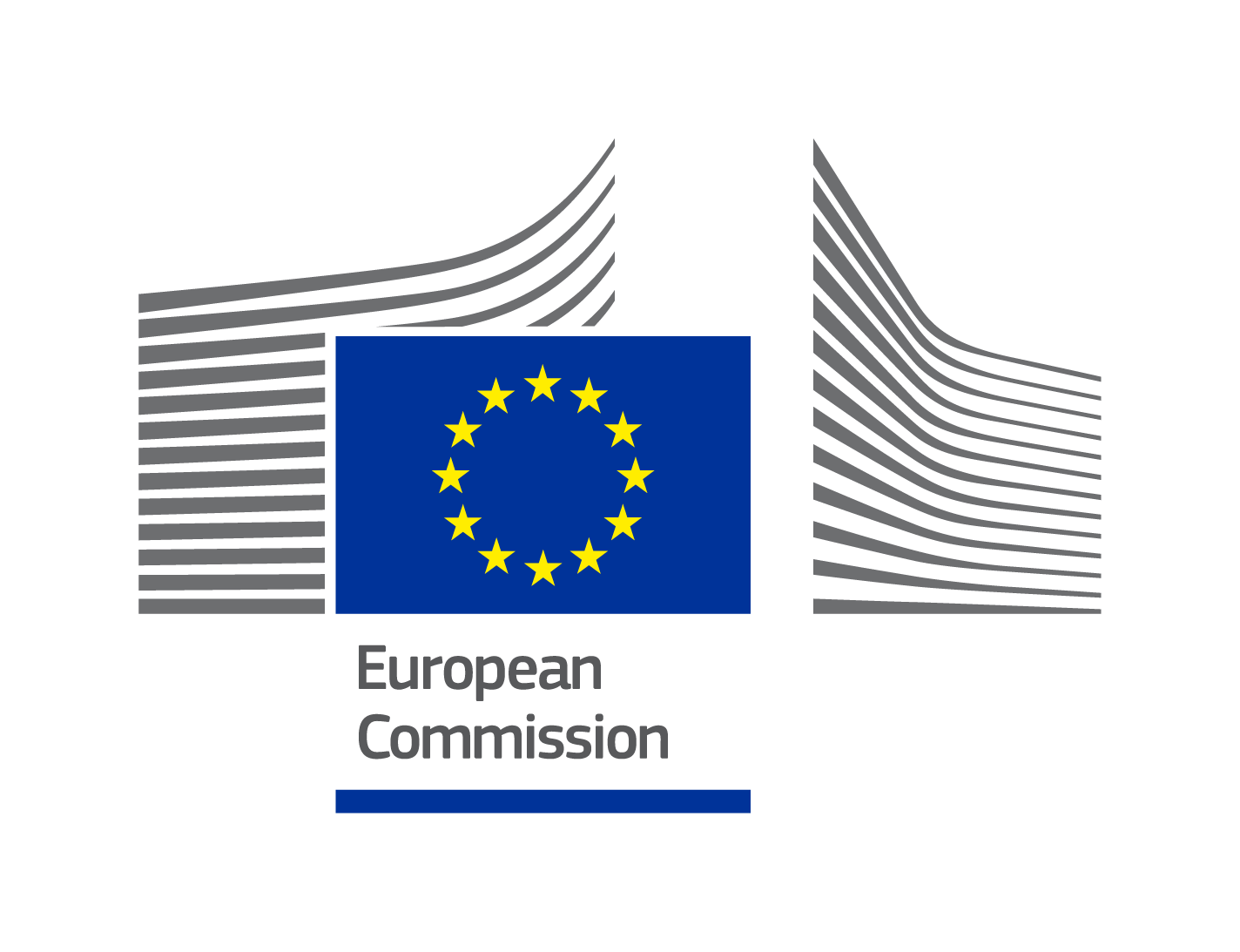Publications
26 August 2025
Cedefop report: Skills empower workers in the AI revolution
Publications
26 August 2025
1. Healthy, balanced and sustainable diets for all European consumers
2. Prevention and reduction of food loss and waste
3. A climate - neutral food chain in Europe by 2050
+4 more
Login / create an account to be able to react
-
91

Artificial intelligence (AI) is the next general-purpose technology reshaping labour markets, jobs, and skills. This policy brief presents the first results of Cedefop’s 2024 AI skills survey, mapping AI use in Europe and its impact on jobs.
Editorial team
Cedefop
Topics
Albania
Armenia
Austria
Belgium
Bosnia and Herzegovina
Bulgaria
Croatia
Cyprus
Czechia
Denmark
Estonia
EU-27
Finland
France
Georgia
Germany
Greece
Hungary
Iceland
Ireland
Italy
Kosovo
Latvia
Liechtenstein
Lithuania
Luxembourg
Malta
Moldova
Montenegro
Netherlands
North Macedonia
Norway
Poland
Portugal
Romania
Serbia
Slovakia
Slovenia
Spain
Sweden
Switzerland
Türkiye
Ukraine
Other
Academic / Research and VET Institutions
Business Support Organisation
Company with 250 or more employees
Cluster Organisations
Consumer Organisations
Cultural and Heritage Organisations
Destination Management & Marketing Organisations
EU Institutions
Financial Institutions and Investors
Industry Associations and Chambers of Commerce
International Organisations
Local Authorities
Media / Journalist Organisations
National authorities
Networks and Federations / Confederations
NGOs / Non-profits
Notified Bodies
Regional Authorities
SMEs (a company with less than 250 employees)
Social Economy Entity
Trade Unions
Other
-
CoC aspirational objectives
-
-
1. Healthy, balanced and sustainable diets for all European consumers
-
2. Prevention and reduction of food loss and waste
-
3. A climate - neutral food chain in Europe by 2050
-
4. An optimised circular and resource-efficient food chain in Europe
-
5. Sustained, inclusive and sustainable economic growth, employment and decent work for all
-
6. Sustainable value creation in the European food supply chain through partnership
-
7. Sustainable sourcing in food supply chains
-
Share
Drawing representative samples of the adult workforce in European countries, Cedefop carried out in 2024 a first European survey focused on the use and impact of AI in jobs. It also examines the extent to which European employers may support workers in mitigating AI skill gaps. The survey shows that more than a quarter of the European adult workforce is already experimenting with AI at work. With 6 in 10 employees susceptible to some form of AI-related task transformation, it is obvious that upskilling, reskilling, and investing in AI literacy will be crucial drivers of a human-centred AI revolution that can boost European competitiveness.
Cedefop’s 2024 AI skills survey titled “Skills empower workers in the AI revolution. First findings from Cedefop’s AI skills survey”, released in 2025, covering 11 EU Member States, reveals that over one-quarter of the European workforce is already using AI tools or systems in their jobs, with significant variation across countries and sectors. While AI is boosting task efficiency for many workers, 15% express fear of job loss due to AI within the next five years. The survey highlights a growing “geographical AI divide,” with Western European countries adopting AI more rapidly than Southern and Eastern Europe, intensifying existing digital disparities.
Despite the widespread adoption of AI, many workers face large AI-related skill gaps, and only a minority have engaged in relevant upskilling or reskilling activities. AI literacy—understanding AI’s capabilities, limitations, ethical implications, and socioeconomic impact—is low among adult workers, with 40-60% showing poor knowledge in these areas. This gap poses a significant challenge for the EU’s digital transition and its ambition to create a human-centred AI revolution.
The EU has responded by introducing the AI Act, a pioneering regulatory framework aiming to ensure trustworthy AI through risk assessment, transparency, human oversight, and ethical safeguards, supported by significant investment in digital infrastructure and skills. Cedefop’s policy recommendations stress inclusive AI literacy, empowering social dialogue in workplaces, addressing the productivity paradox where many feel AI has not yet improved their work, and fostering a human-centred AI transformation that balances innovation with ethical and social considerations.
The topics in the publication are the following:
The rise of AI as a general-purpose technology is reshaping labor markets.
Increasing and evolving demand for AI-related skills across sectors.
The impact of AI on employment, job transformation, and worker well-being.
The EU’s regulatory and policy framework for trustworthy AI (AI Act, AI Pact, Digital Decade).
Evidence from Cedefop’s 2024 AI skills survey highlights AI use, skill gaps, and worker perceptions.
Geographic disparities in AI adoption and skill development within Europe.
Sectors most and least exposed to AI-driven automation.
The importance of AI literacy, inclusive upskilling/reskilling, and social dialogue to ensure a human-centered AI transition.
This publication is relevant for the platform’s audience for the following reasons:
Highlights agriculture as a sector vulnerable to AI-driven task automation, necessitating workforce transformation.
Presents evidence on the growing demand for AI skills and the critical need for upskilling and reskilling in agri-food workplaces.
Identifies regional disparities in AI adoption affecting agri-food businesses across Europe.
Provides policy guidance on fostering AI literacy, protecting workers, and encouraging socially responsible AI integration.
- Aligns with EU-level regulatory and investment frameworks that will shape the future of AI deployment in agri-food industries.
Author(s):
Konstantinos Pouliakas, Ralph Hippe and Giulia Santangelo
Link to relevant document(s) for downloading:
Comments (0)
See also
Neglected and Underutilised Species (NUS): Potential for Food and Nutrition Security – a Knowledge Review
- Categories
- 2. Prevention and reduction of food loss and waste 3. A climate - neutral food chain in Europe by 2050 4. An optimised circular and resource-efficient food chain in Europe +3 more
Food safety in the EU – Special EUROBAROMETER Report
- Categories
- 2. Prevention and reduction of food loss and waste 3. A climate - neutral food chain in Europe by 2050 4. An optimised circular and resource-efficient food chain in Europe +3 more
JOINT FAO/WHO EXPERT COMMITTEE ON FOOD ADDITIVES
- Categories
- 2. Prevention and reduction of food loss and waste 3. A climate - neutral food chain in Europe by 2050 4. An optimised circular and resource-efficient food chain in Europe +3 more




